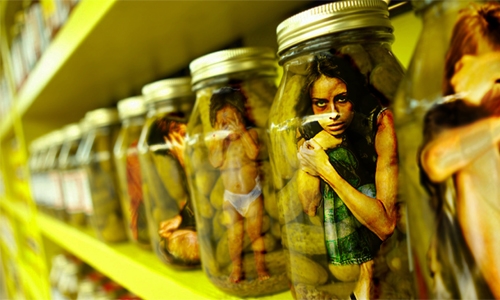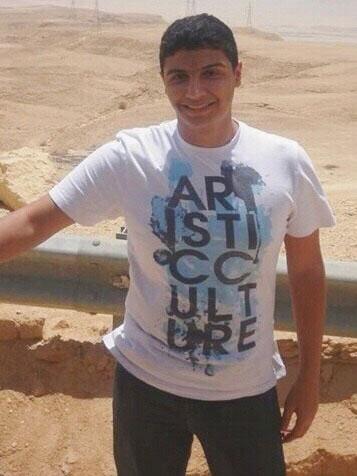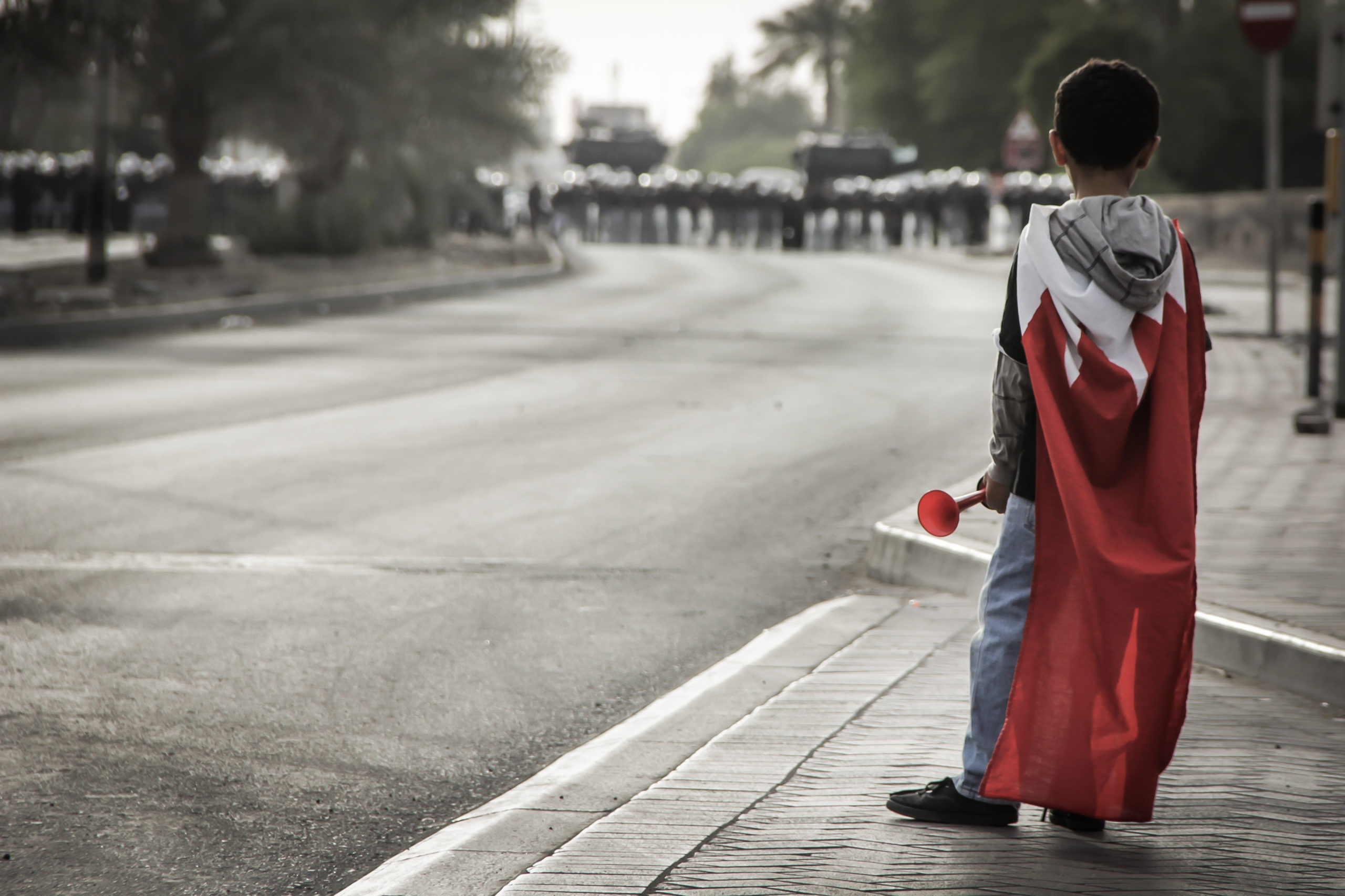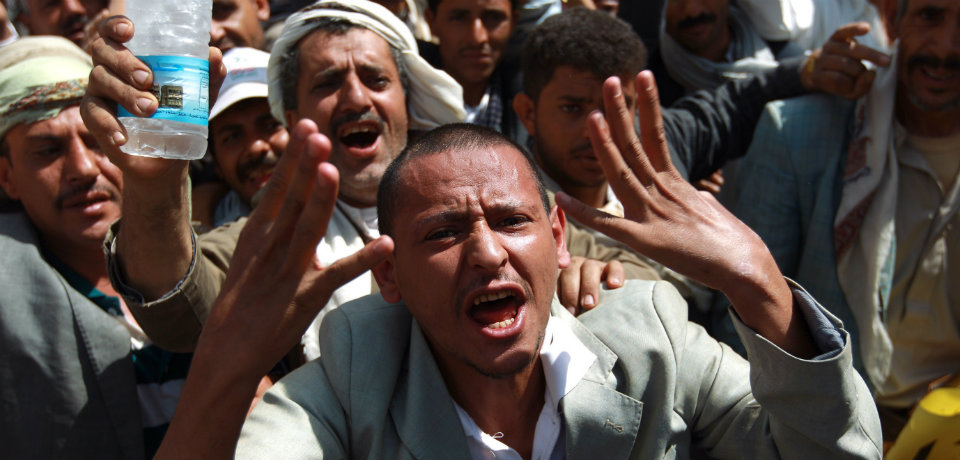On January 14, authorities in Mumbai arrested five people, including a couple, suspected of engaging in sex racketing and human trafficking between Bahrain and India. The suspects acted as intermediaries by recruiting girls online with promises of employment in Bahrain. Reportedly, after reaching Bahrain, the women were threatened and coerced into prostitution. Authorities accused two[…]
The families of three inmates arrested as juveniles for participating in protests informed The Independent that the UK’s private intervention had not yielded a change in their sons’ cases. The families of the detained told reporter Adam Withnall that despite UK Foreign Secretary Phillip Hammond’s claim that he did “not expect” Ali al-Nimr to be[…]
Reportedly trafficking foreign and impoverished children for the purpose of camel racing is a common practice in the United Arab Emirates, where at least 50% of the children trafficked are from West Bengal in India. According to a new report, young boys are preferred to be camel jockeys because they are considered light and speedy[…]
Opposition group al-Wefaq expressed “deep disappointment” on the content of Bahrain’s National Institution for Human Rights’ annual report. In a statement, al-Wefaq alleged that the report’s content is “far from reality” and “has disregarded many of the blatant violations taking place” in Bahrain. The opposition group asserted that “impunity is the most significant issue missing[…]
The recent dramatic slide in crude oil prices has led to economic strain throughout the Arabian Peninsula, particularly in Bahrain. The near-70% fall in oil price since mid-2014 has “shattered” government revenues. While Saudi Arabia has funded its deficit by drawing on its central bank deposits, and Kuwait, Qatar, and the UAE have sufficient assets[…]








